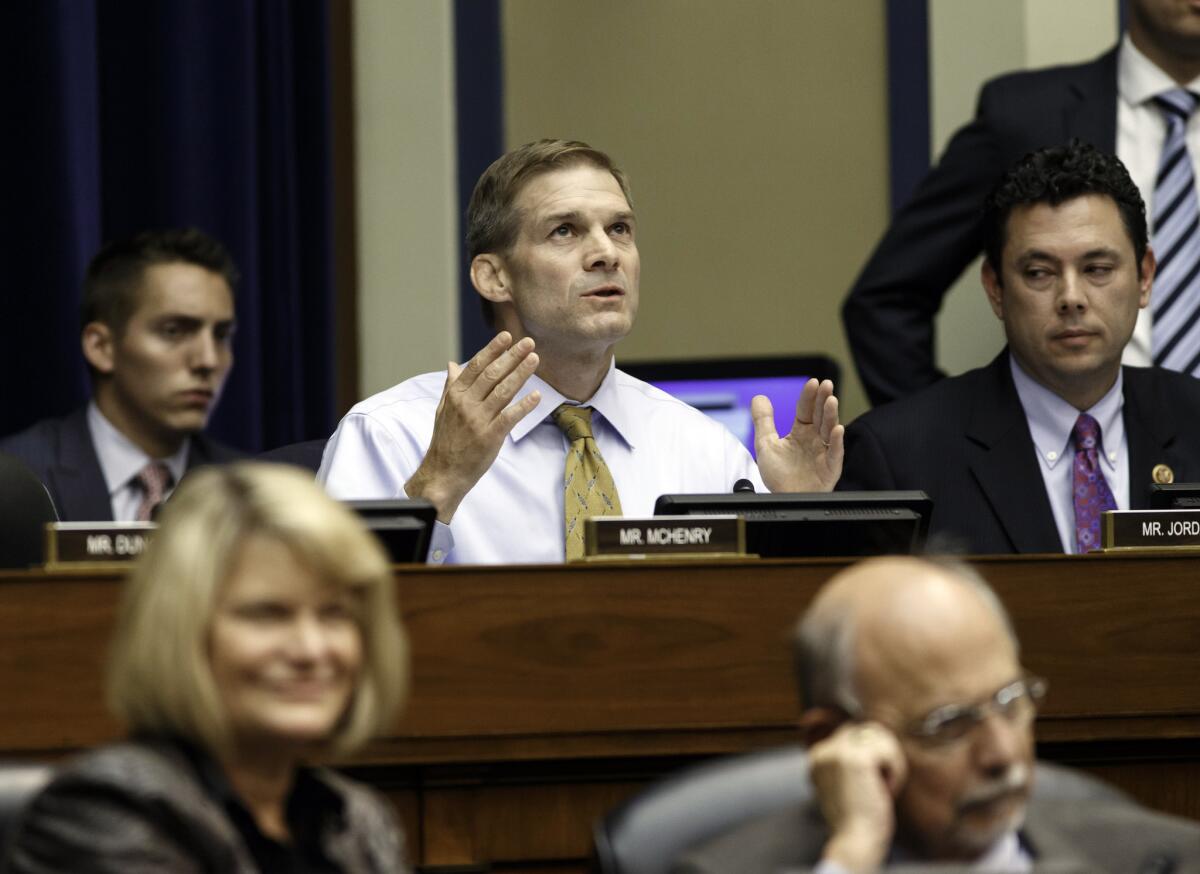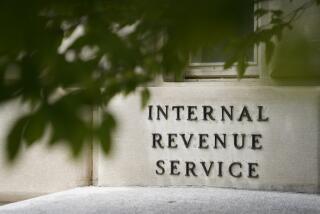Editorial: Who can get to the truth at the IRS? An independent investigator.

After more than a year of scrutiny, three congressional committees continue to flail away at the Internal Revenue Service’s alleged targeting of conservative nonprofit groups without producing any definitive answers to the questions they’ve raised. This page worried at the outset that the investigations would become too politicized to get to the bottom of the scandal. The result, however, has been even worse: Not only have two House probes disintegrated into partisan sniping, but the IRS further damaged its own credibility by belatedly disclosing the disappearance of two years’ worth of emails belonging to a key agency figure who has refused to talk to Congress. It’s past time to turn over the inquiry to an independent investigator who can dig up the truth and, if possible crimes are revealed, refer matters to federal prosecutors.
At the heart of the scandal is how the agency handled groups seeking tax-exempt status under Sections 501(c)(3) and 501(c)(4) of the tax code. The latter have skyrocketed in recent years, and there are legitimate questions about whether such “social welfare” groups are really just political action committees trying to hide their donor lists. But rather than addressing that issue systematically, the IRS gave extra scrutiny mainly to tea party groups, often in inappropriate ways, an inspector general reported.
Now, 13 months after that report was published, there still has been no thorough recounting of why the agency took those steps and what role, if any, the White House played. Instead, House GOP investigators, who seem determined to portray the White House as the IRS’ puppet master regardless of what the evidence reveals, have dribbled out selective disclosures, and the Senate has been silent. Yet it’s impossible to feel any sympathy for the agency when it waited four months before telling Congress that several computer hard drives had crashed in mid-2011, wiping out emails stored by Lois Lerner and six other key employees.
Why an agency that relies on record-keeping would keep such limited records is a mystery, as is how such an important trail of evidence disappeared before the scandal hit. But neither Congress nor the administration has given much reason to be trusted to unravel them. Instead, the situation cries out for the appointment of someone with a track record of sorting through complex problems to figure out what happened and who’s responsible. Although it’s tempting to demand a special prosecutor, as some Republicans have done, such efforts in the past have come at great expense and with wildly mixed results. A prosecutor also may be required by ethics rules to keep some findings secret, which is the opposite of the transparency needed here. Better to call on a trusted and energetic figure who can conduct a vigorous inquiry, with no questions about his or her motives.
More to Read
A cure for the common opinion
Get thought-provoking perspectives with our weekly newsletter.
You may occasionally receive promotional content from the Los Angeles Times.





